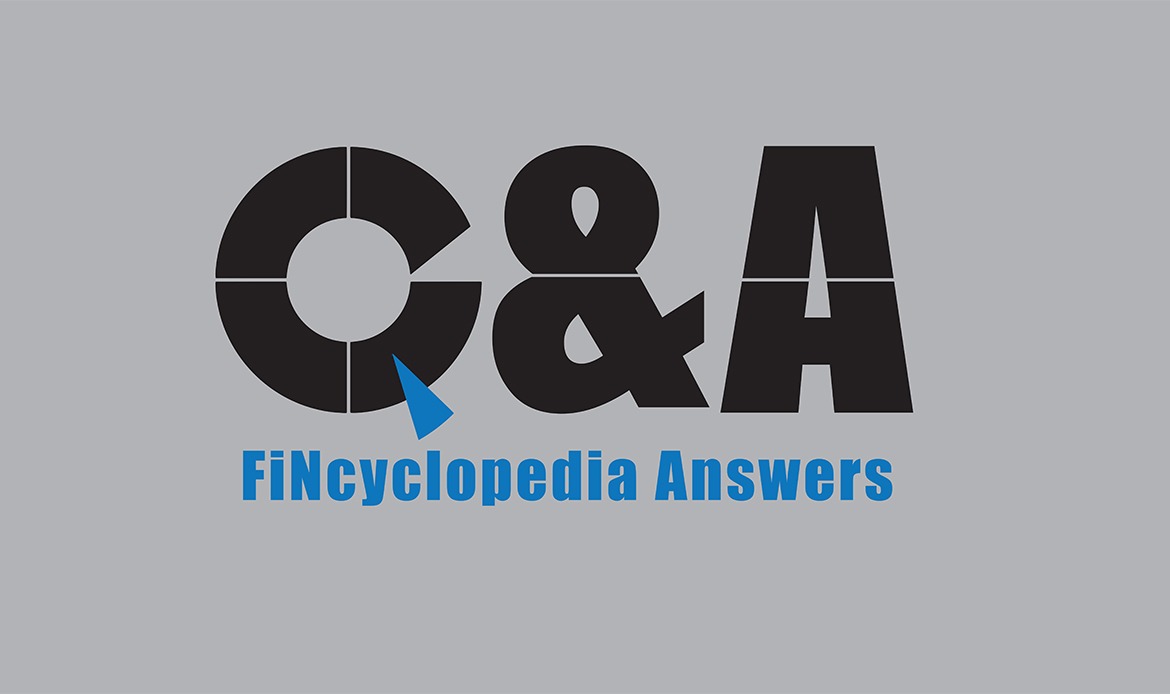Yad al-amanah (يد الأمانة) is a state of taking possession of something (asset, money, etc) not as an owner but rather as fiduciary (on a proxy basis). Examples of fiduciaries include a partner (in a partnership contract), a depositee, a lessee, a worker (mudharib) in a mudharabah contract, nazir al-waqf (trustee of endowment), etc. Fiduciaries are not liable for what is placed in their custody in case of damage or destruction unless this results from their negligence (ehmal) or transgression (ta’addi). For instance, mudarib would become liable for any losses in mudharabah capital should he invest the funds in businesses not permitted by the capital provider (rab al-mal).
On the other hand, yad al-dhaman (يد الضمان) is a state where a person takes possession of an object or a form of wealth as an owner (malik) or to the possessor’s benefit, but not as a proxy (ameen). Examples of dealings based on yad al-dhaman include taking possession by a buyer, borrowing, pledging or rahn (the party holding the pledged items), usurpation (holding by an usurper), etc. The shari’a ruling on yad al-dhaman maintains that whoever lays his hand on a form of wealth by way of possession or use is bound to guarantee it in all circumstances, whether the object possessed perishes because of some natural catastrophe or act of God (force majeure), or when the possessor simply fails to return it to its rightful owner. A possessor is also bound to guarantee in the cases of intentional or unintentional destruction.





Comments